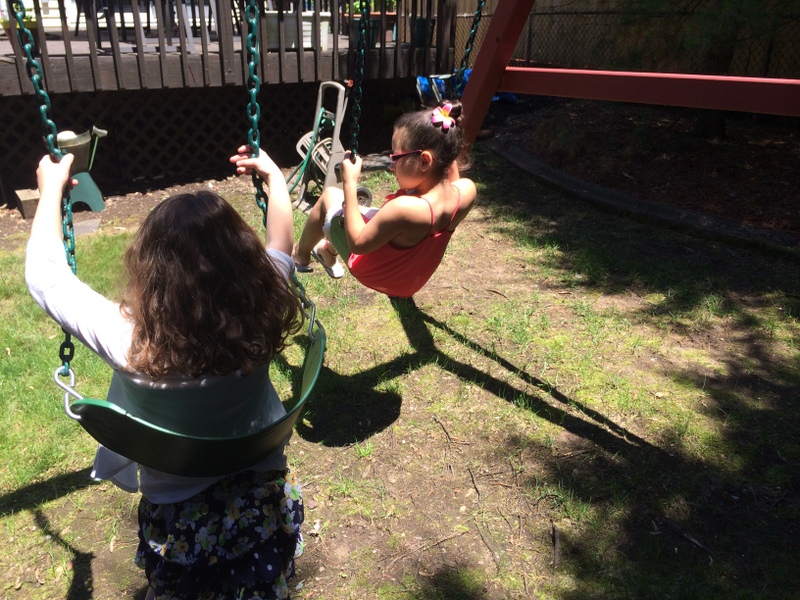We often hear clients claim that they want to “fight” for custody of their children, or that they want “sole custody.” It is important to recognize what is legal custody of the children under the law, in order to determine whether a fight is necessary. Often, after these concepts are explained, many people realize that they actually agree with their spouses as to custody issues and the gap in their positions is not nearly as wide as they originally thought it was.
Legal custody refers to the parental authority between parent and child The majority of the time parties usually end up with joint legal custody of their children, regardless of where the children end up spending most of their time. Joint legal custody means that both parents have equal access to the child’s school and medical records, have equal authority to make major decisions about the child’s health, welfare and education, and each has the ability to give consent to emergency medical procedures s.
Only in rare cases is sole custody appropriate ; for example, I if one parent is continuously acting against the child’s welfare, or if one parent has been absent so long from the child’s life that there is essentially no relationship.
When most couples say “custody,” they are actually referring to the living arrangements for the child. The current terminology is to refer to a Parenting Plan, in which one parent is the “Parent of Primary Residence” (PPR) and the other is considered the “Parent of Alternate Residence” (PAR). In a comprehensive parenting plan, the parties will determine how many regular overnights the children stay with the PAR and how the holidays, birthdays and vacations are divided. A parenting plan can also set forth specific issues relating to the children’s general welfare, such as determining whether a child needs a separate bedroom, a prohibition against smoking, limitations on paramours spending overnights with either parent, or limitations on the use of alcohol or smoking during parenting time.
In most cases, a Parenting Plan is developed with the assistance of a trained mediator employed by the courts, who meets with the parties early on in the case and helps them reach a mutually acceptable agreement regarding the children. I think this will confuse people- this is after litigation is commenced and there is no cost for such service.
In other cases where custody is truly an issue, parties often have no choice but to litigate the case. In such cases, the court will appoint a paid expert to evaluate which parent should have custody and how much parenting time, or the parties will each hire their own experts. The judge will decide the case after hearing testimony of the parties, witnesses, and experts, and the standard is the Best Interests of the Child. In many cases, the judge will want to meet with a child in chambers to interview the child; however, under no circumstances does a minor child get to “choose” which parent he or she wants to live with. The expert witness will interview key people in the child’s lives, such as grandparents, teachers and physicians, and will also make observations of the child’s interactions with both parents. The process of a contested custody case is often very stressful on the parties and the children. Expensive, takes a long time
In cases of abuse, or if a parent has a problem with alcohol or drug dependency, a party may feel that a custody battle is necessary to protect the children and that it is the lesser of two evils. Even in the presence of such severe and critical issues, however, all parties should think twice about whether a custody battle is necessary and should explore parenting mediation as an option to resolve these conflicts.
Gina Calogero is an experienced family and divorce lawyer in Oradell, New Jersey. If you need help or have any questions about your current legal situation, contact us today.




